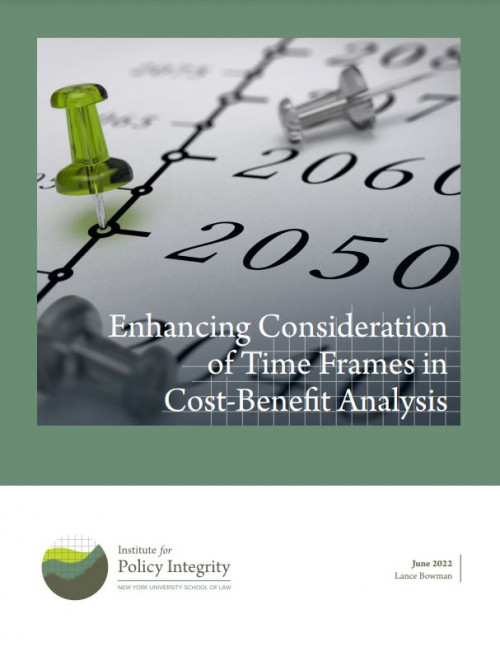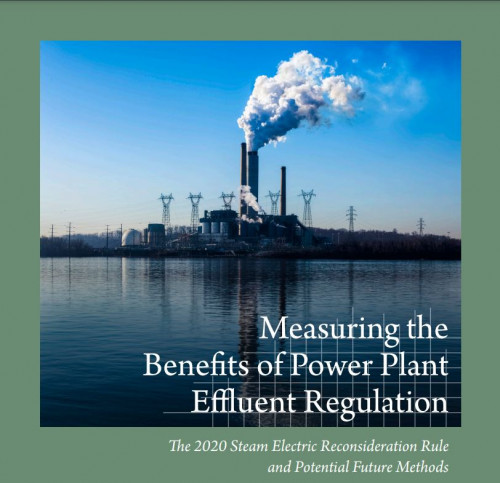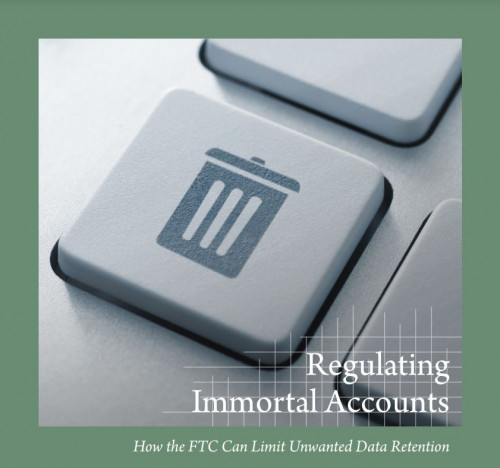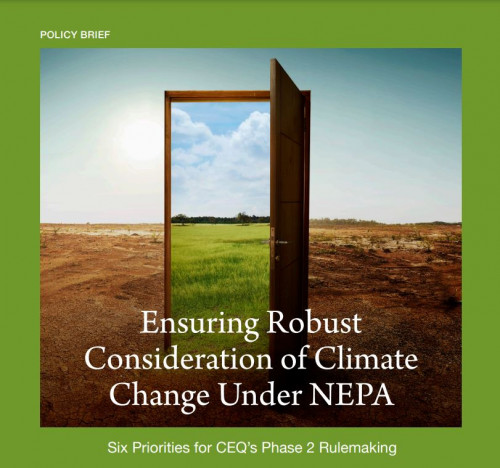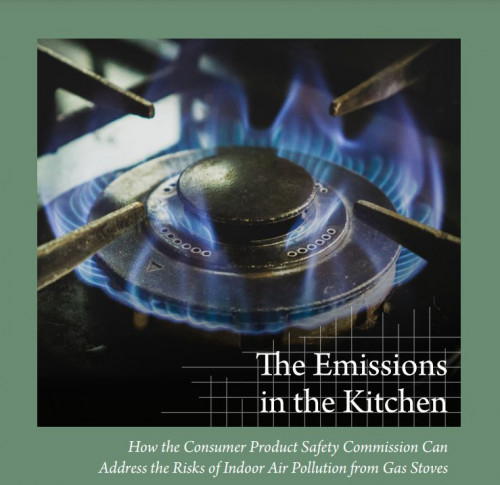-
Enhancing Consideration of Time Frames in Cost-Benefit Analysis
Federal agencies frequently provide no justification for their analytical time frame when analyzing the costs and benefits of a policy. This is true even when there are costs and benefits that clearly occur beyond the time frame chosen by the agency. In so doing, agencies risk overlooking key long-term impacts that may justify more stringent regulation.
This report argues that the Office of Management and Budget (OMB) should take steps to improve how agencies consider analytical time frames in their cost-benefit analyses.
-
Measuring the Benefits of Power Plant Effluent Regulation
The 2020 Steam Electric Reconsideration Rule and Potential Future Methods
EPA is considering regulations that would clean up the wastewater discharges from power plants, after they were stalled and then rolled back under the Trump administration. As it conducts that analysis, this report urges EPA to provide a robust assessment of the benefits of the regulation, improving on analysis that was conducted in the Obama era. The report reviews the economic framework, literature, and analyses performed to support both the original Obama-era rule and Trump-era revisions, building on Davis Noll and Rothschild (2021), which detailed numerous impacts of the 2020 Rule that EPA neglected to examine. This review highlights key considerations that will strengthen future regulations.
-
Regulating Immortal Accounts
How the FTC Can Limit Unwanted Data Retention
The report argues that an FTC rule requiring reasonable cancellation practices for all market actors and providing clear and specific guidelines would address the harms of immortal accounts. Such regulation would fall under the FTC’s authority and advance the Commission’s mission to protect consumers and competition by preventing deceptive, unfair, and anticompetitive business practices.
-
Ensuring Robust Consideration of Climate Change Under NEPA
Six Priorities for CEQ’s Phase 2 Rulemaking
In April 2022, the Council on Environmental Quality (CEQ) finalized a limited, “Phase 1” rulemaking to restore several longstanding features of the regulations that guide agency assessments under the National Environmental Policy Act (NEPA) which CEQ had removed in 2020. In that rule, CEQ reaffirmed its intentions to further revise the regulations to better ensure that agencies make decisions that “advance environmental, climate change mitigation and resilience, and environmental justice objectives.” This policy brief outlines six simple regulatory revisions that CEQ should prioritize for its “Phase 2” rulemaking to improve consideration of climate change during environmental review.
-
The Emissions in the Kitchen
How the Consumer Product Safety Commission Can Address the Risks of Indoor Air Pollution from Gas Stoves
Gas stoves are found in over a third of American homes, and these appliances generate dangerous indoor levels of nitrogen dioxide (NO2) and fine particulate matter (PM2.5) within just a few minutes of cooking. This report suggests several ways the Consumer Product Safety Commission (CPSC) can and should take action to address the unreasonable health risks posed by gas stove emissions.
Viewing all publications in Reports

